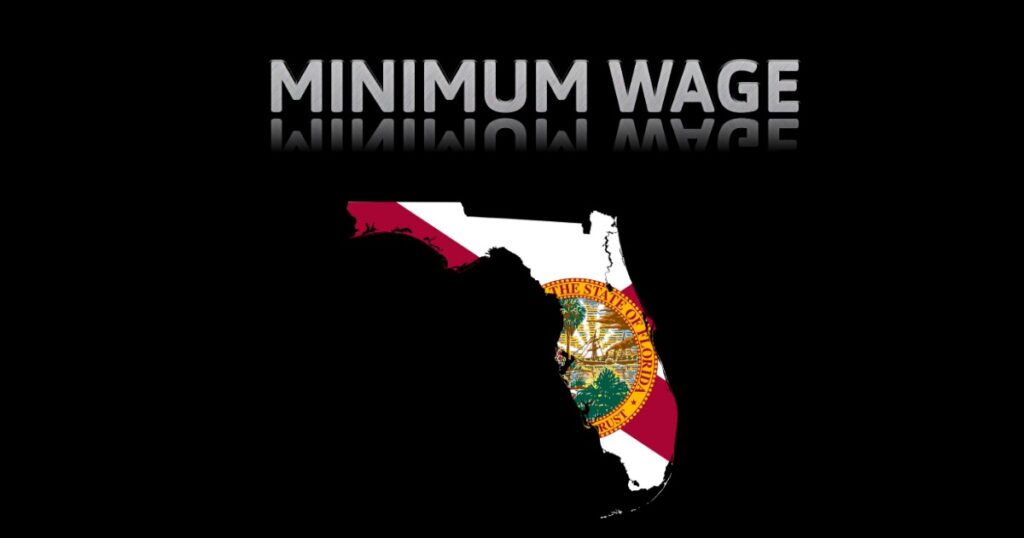Since it was approved in 2020 by Florida voters, the state’s minimum wage has increased every year.
In 2023, the minimum wage was $12.00 an hour. The minimum wage in 2024 was $13.00 per hour, and as of January 1, 2025, Florida’s minimum wage was $14.00 per hour, rising until 2026 at $15.00 per hour.
Now, state lawmakers are trying to reform Florida’s minimum wage with provisions for compensation alternatives.
Florida Rep. Ryan Chamberlin sponsors laws from the House side. He says his bill gives both employers and employees more flexibility to resolve compensation agreements. House Bill 541 allows employers and employees to negotiate wage arrangements that are different from the minimum wage for job-based learning opportunities. “This would be good for employers, workers, independent contractors, and the economy as a whole,” the state official said.
The minimum wage in Florida is currently codified by the state constitution, so Republicans who support the measure will need to fine-tune the bill.
GOP State Senator Jonathan Martin introduced the Companion Act to Senate Bill 676. The bill will ensure employers are not subject to certain minimum wage requirements for designated employees. Employees can also opt out of minimum wage requirements in designated ways.
There are exemptions and special cases where the minimum wage rate does not apply. “The act adds more jobs to the market, reduces labor costs, increases the pool of workers, increases profits for small businesses, and reduces the cost of living for consumers,” says Chamberlin, Sen. I’ve said that.
This is not the only law of popular legislative item lawmakers, nor is it the only advocated by Chamberlin. He also conducted state research and sponsored laws to examine state property taxes.


